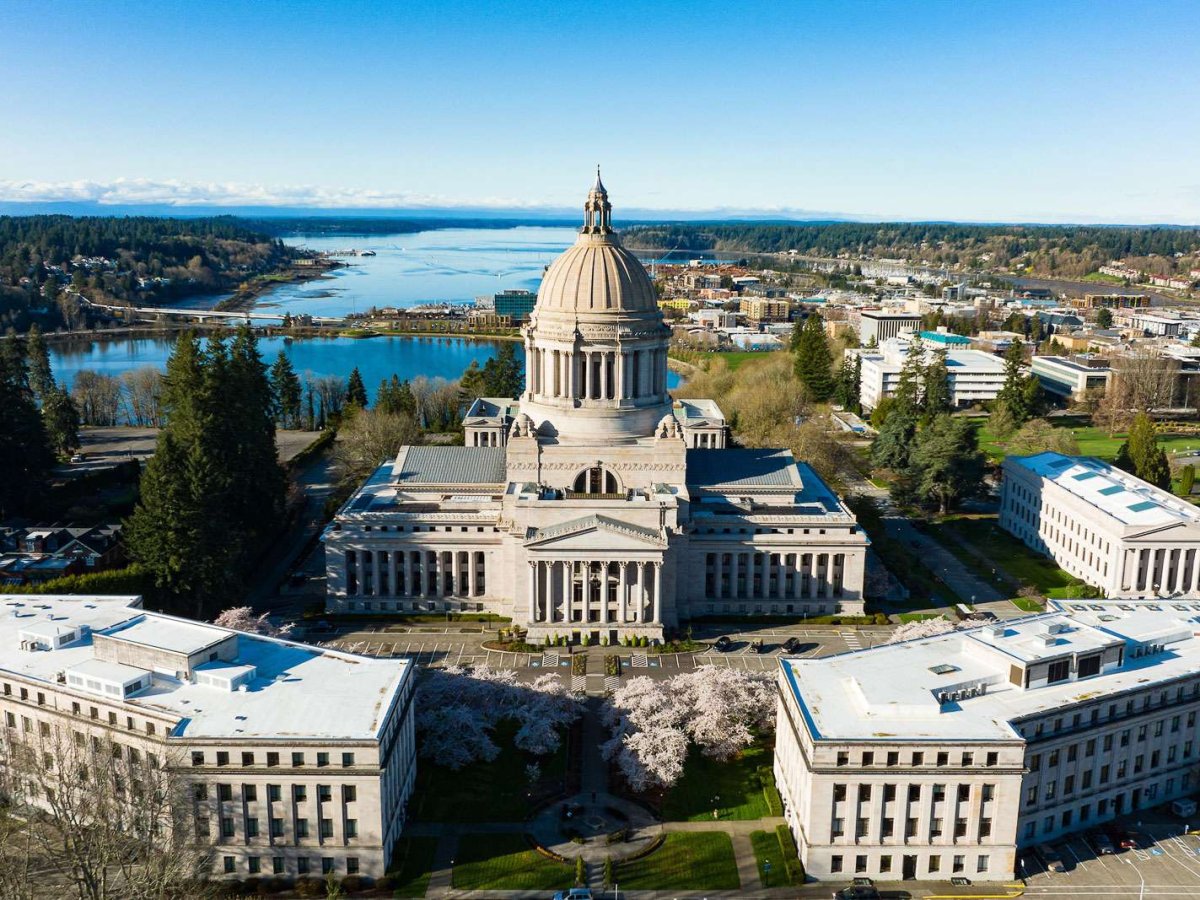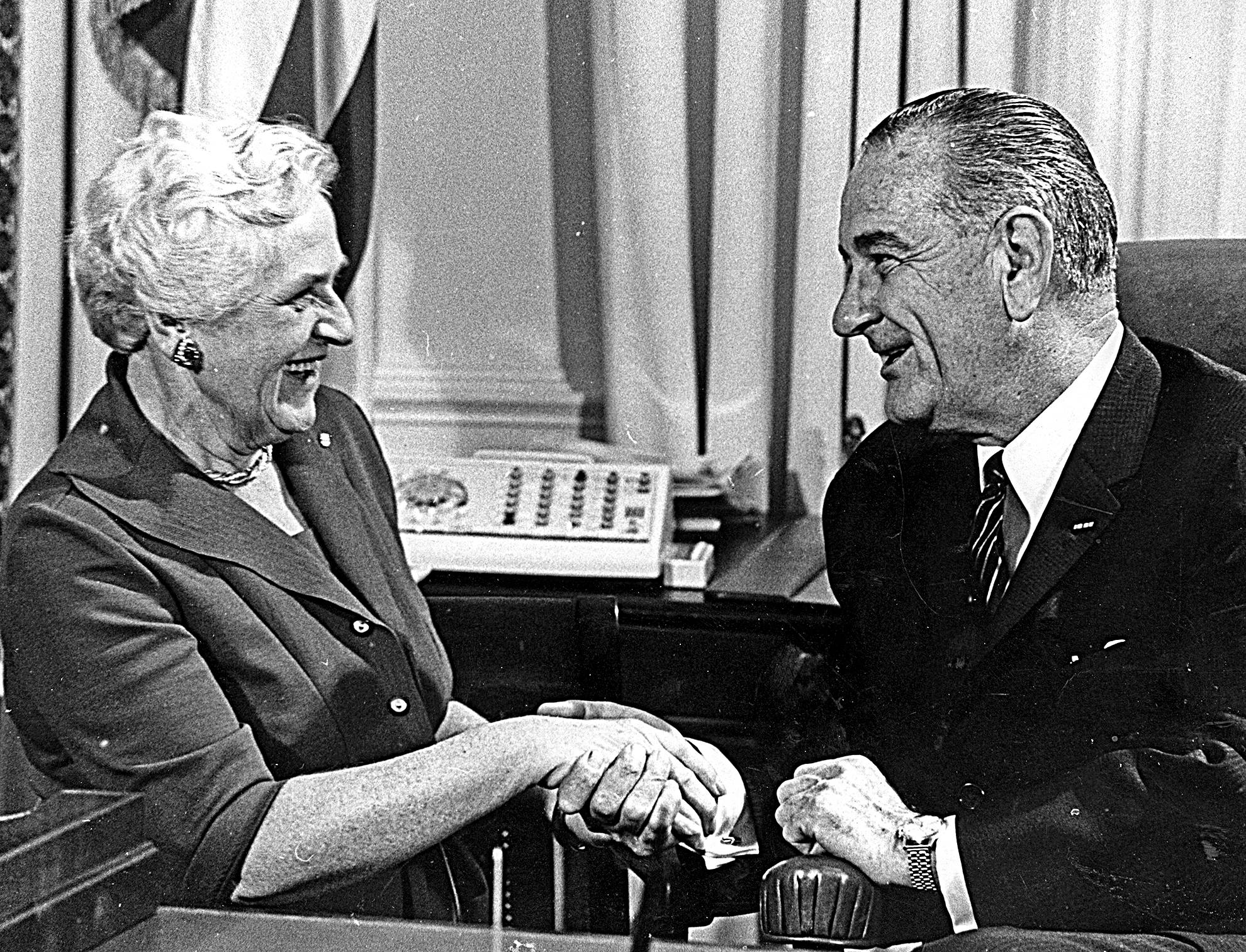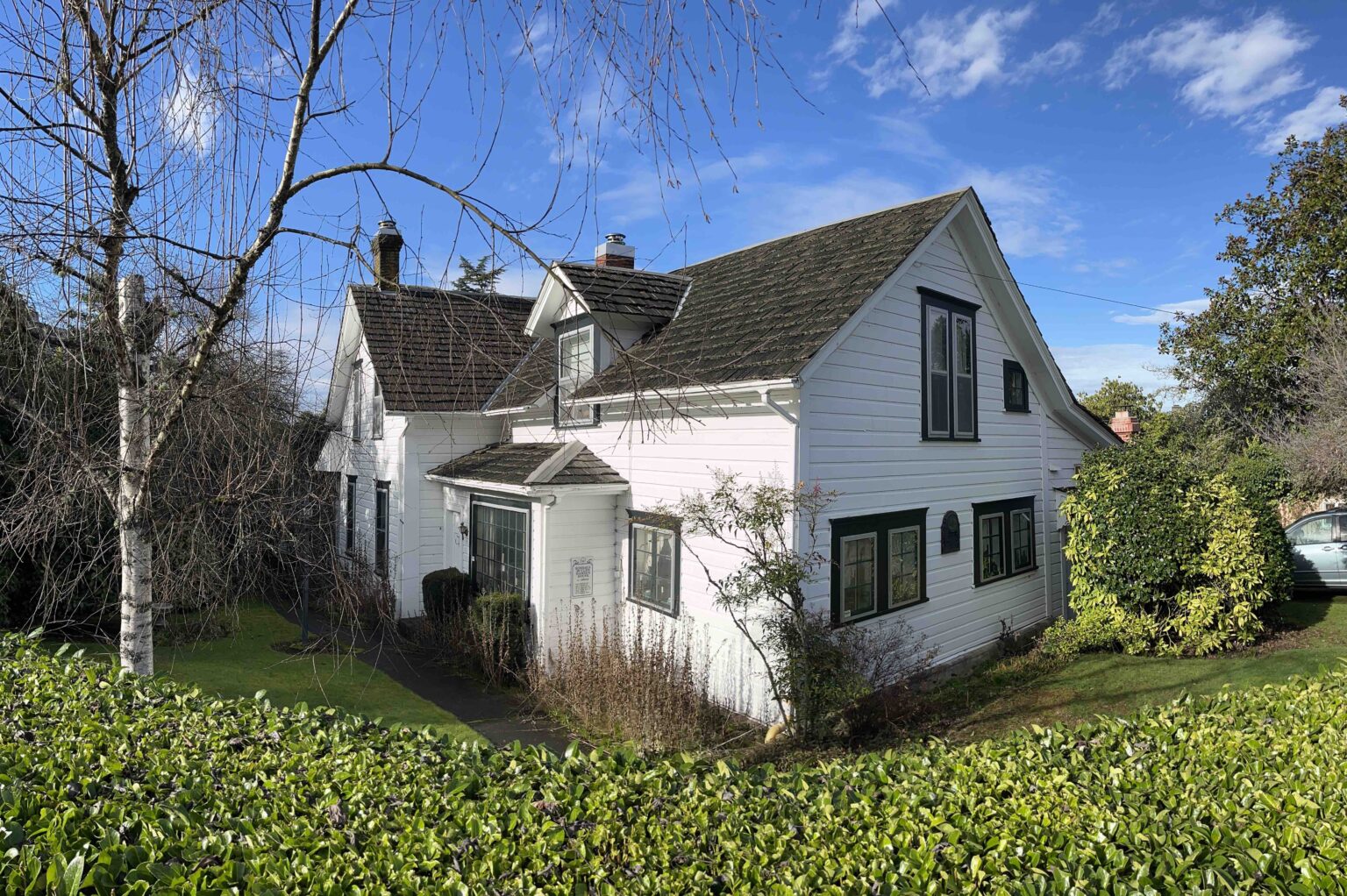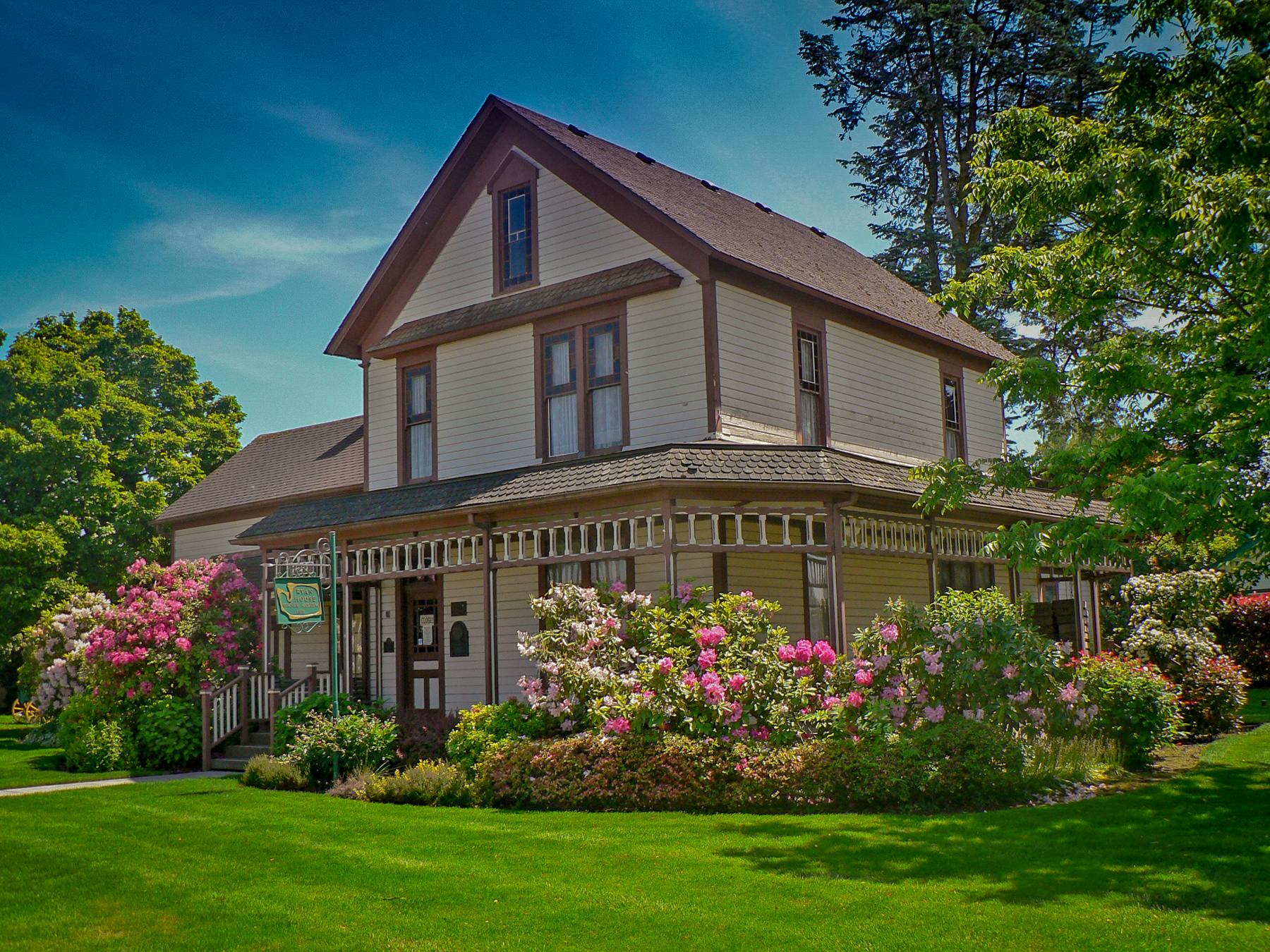2024 State Legislative Recap

By Chris Moore, Executive Director
Photo: The Washington State Capitol Building in Olympia. Photo courtesy of the State of Washington Tourism.
In March, the Washington State Legislature wrapped up its “short” session, conducting business during a 60-day convening of both the House and Senate. Much of the session focused on a continuation of work begun in 2023, with emphasis on the creation of housing. Last session, we at the Washington Trust worked closely with legislators to highlight the important role that older housing stock and historic preservation play in providing critically needed housing. We sought to ensure that historic resources were given due consideration as the legislature embarked on a series of bills aimed at streamlining review and permitting processes while increasing density allowances within residential zones in communities across the state.
One such bill aimed to facilitate the conversion of existing buildings for residential use, reducing permitting and review requirements in instances where additional housing units would be added (our efforts ensured that buildings designated as local landmarks will still undergo review to protect the retention and preservation of historic, character-defining features). This year, state lawmakers looked to add financial incentives to the regulatory streamlining. Senate Bill 6175, signed into law on March 28, will provide owners of underutilized commercial buildings with a deferral on sales and use taxes associated with converting such buildings to affordable housing. If, after 10 years, units in the converted building remain affordable, the tax deferrals are made permanent and do not need to be repaid. While historic buildings were not the focus of this bill, many underutilized commercial buildings are historic in nature. These tax deferrals can be bundled with other potential financial incentives like the multiple-unit housing property tax exemption, Special Tax Valuation, and Commercial Property Assessed Clean Energy + Resilience (C-PACER) program. Our hope is that this suite of incentives will facilitate development in Main Streets and historic downtowns, allowing vacant, upper-floor commercial space to be converted to housing.
Speaking of Main Street, another bill passed by the legislature and signed by Governor Inslee will give Main Street Communities the potential to utilize the full allowance of funding incentives to support downtown revitalization. The Main Street Tax Credit Incentive Program allows business owners to donate to designated Main Street organizations and receive a 75% tax credit on their Business and Occupation tax. Since 2010, the program has resulted in nearly $37 million in contributions to Main Street organizations working to revitalize historic downtowns in their respective communities. Annually, the amount of tax credits that can be claimed by all donors across the state is capped at $5 million; the amount allotted to any single Main Street organization is capped at $160,000. Since 2021, an average of approximately $750,000 in unclaimed tax credits has remained at the end of the calendar year. The goal of House Bill 2306 is to raise the cap from $160,000 to $250,000 for individual Main Street organizations in the fourth quarter of the calendar year only, thereby maximizing the value to historic commercial districts in participating communities across the state.


Finally, historic sites offering interpretation of specific events, people, and eras were a focus as well. Julia Butler Hansen served Washington State in a variety of capacities, including 21 years in the state House and 14 years as Washington’s District 3 Representative. Hailing from Cathlamet, Julia made a name for herself as a tough but practical politician and served on the House Appropriations Committee and as chair of the Interior Subcommittee, where she oversaw funding for the National Park Service among other agencies. She retired in the early 1980s. Today, her son David Hansen owns and meticulously maintains Julia’s former house in Cathlamet, retaining many of her belongings, papers, and artifacts from her time in politics. This session, the legislature considered a bill (House Bill 2310/Senate Bill 6262) whereby Washington State Parks would assume ownership of the house for the purpose of establishing the Julia Butler Hansen Heritage Center. But with lean budgets and mounting capital needs given the large portfolio of historic buildings that State Parks currently owns, the agency opposed taking on a project they believed would not be financially self-sustaining. House Bill 2310/Senate Bill 6262 failed to move out of committee, but the legislature did provide $30,000 to the Washington State Historical Society to “evaluate the potential for the Julia Butler Hansen home in Cathlamet to be operated as a historic house museum as well as analysis regarding alternative potential uses that would be compatible with preservation of the historic home.”

The house museum challenge is not limited to this case: drawing visitation to house museums has been difficult for many organizations, especially for more modest structures that tend to focus on local history. Mounting capital costs often outpace the flow of revenue generated by visitation and other programs, leaving many organizations struggling with their stewardship responsibilities. In extreme cases, high costs have prompted local officials to seek demolition of historic house museums entirely. This year, upon receiving higher than anticipated estimates for rehabilitation of the 1870s Ryan House, City of Sumner officials opted to demolish the building, which had been gifted to the city in 1927 and served as headquarters for the Sumner Historical Society for nearly fifty years. (Joining the campaign to save the building, the Washington Trust added the Ryan House in our Most Endangered Places list earlier this year.) Our hope is that assessing the feasibility of the Julia Butler Hansen House will inform broader policy discussions about the fate of historic house museums across the state. History is local, and these house museums, along with the organizations, staff, and volunteers managing operations, are critical to telling Washington’s history.
